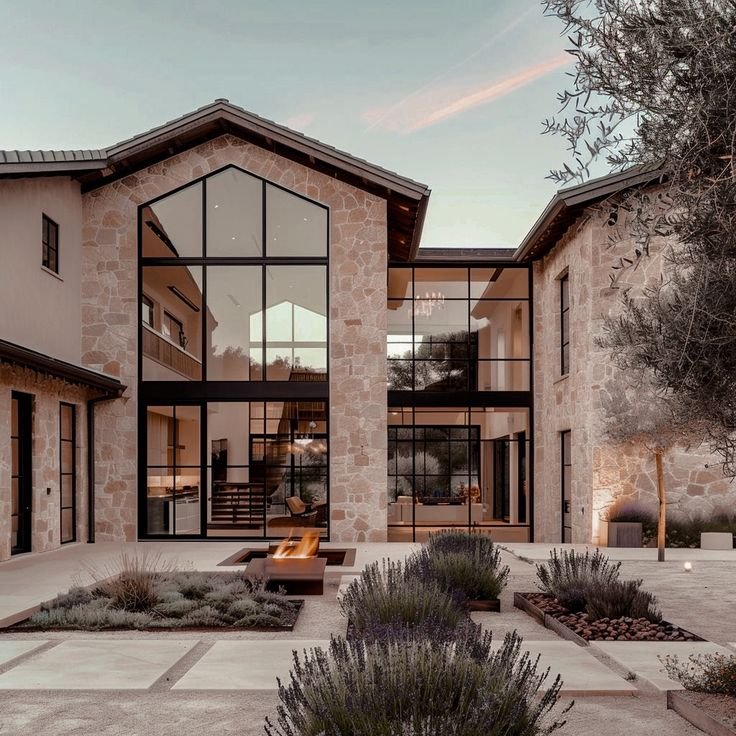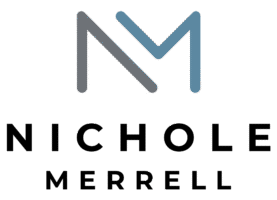Closing Costs
Here’s a full review of what to expect so you can feel prepared at the closing table.

Buying a home doesn’t end when your offer is accepted — the final step is the closing, where ownership officially transfers from the seller to you. While it’s one of the most exciting days in the process, it can also come with one last surprise: closing costs.
Closing costs are the collection of fees and expenses needed to finalize your purchase. Some are tied to your mortgage, while others are government or county charges. Because these expenses are often due in one lump sum, many buyers find themselves asking, “What exactly am I paying for?” The good news is that none of it is random, and each cost plays a role in protecting you, your lender, and the property transaction.
Typical Closing Costs in Pennsylvania
Here are the fees you’re most likely to see on your settlement sheet:
- Appraisal & Credit Fees
Your lender orders an appraisal to confirm that the home’s value supports the loan amount. They’ll also request your credit report to evaluate your financial history. These are often paid upfront, but if not, they’ll appear at closing. - Loan Fees
Origination charges (typically around 1% of the loan amount) cover the lender’s administrative work in processing your mortgage. You may also encounter discount points, which are optional fees you can pay up front to lower your long-term interest rate. - Title Services
Before you take ownership, a title company ensures the property has a clear history, no unpaid liens, disputes, or ownership claims. Title insurance and related document preparation fees protect you and the lender against any future issues. - Mortgage Insurance (PMI)
If your down payment is less than 20%, most lenders will require private mortgage insurance. While it adds to your monthly costs, it can be removed once you’ve built at least 20% equity in your home. - Prepaid Costs
At closing, you’ll also cover certain upfront expenses like property taxes, homeowner’s insurance, and mortgage interest. For example, if you close early in the month, you’ll pay more prepaid interest than if you close at the end of the month. These funds ensure your loan and insurance accounts are set up correctly from day one. - Recording Fees
Counties charge a fee to officially record your deed and make the transfer of ownership part of the public record. In Allegheny County, this typically ranges from $150–$250. In surrounding counties, it’s often under $100. - Transfer Taxes
Transfer taxes are one of the largest expenses at closing, and they vary based on location:- City of Pittsburgh: 5% total (4% city + 1% state)
- Allegheny County (outside city limits) and surrounding counties: 2% total (1% county + 1% state)
- Statewide: The 1% state portion applies everywhere
Typically, the buyer and seller split this cost, but it can be negotiated during your offer.
Why Closing Costs Matter
Understanding these fees ahead of time helps you plan your budget realistically and avoid surprises on closing day. It also gives you more leverage when making your offer — in some cases, buyers can negotiate for the seller to contribute toward these costs, reducing your out-of-pocket expenses.
Remember, every transaction is unique. Location, lender requirements, and even the time of year can affect the final numbers. That’s why working with an experienced real estate professional is so valuable. We’ll break down what applies in your specific situation, help you prepare, and guide you through negotiations to make sure you’re getting the best possible terms.


Bottom Line
With the right real estate professional guiding you, closing becomes less of a hurdle and more of a formality. You’ll walk into the closing room prepared, confident, and excited to pick up the keys to your new home, knowing that everything has been handled with care and that you’re starting this next chapter on solid ground.
Closing costs may not be the most exciting part of buying a home, but they’re an essential step in completing your purchase. The good news is that none of these fees are hidden or mysterious once you understand them, they’re simply the necessary expenses that protect your investment and make your ownership official.
By planning ahead, you’ll know exactly what to expect on settlement day and can avoid the stress of last-minute surprises. Better yet, some costs are negotiable, and in the right circumstances, the seller may agree to cover part of them on your behalf.
Ready to MOVE?
